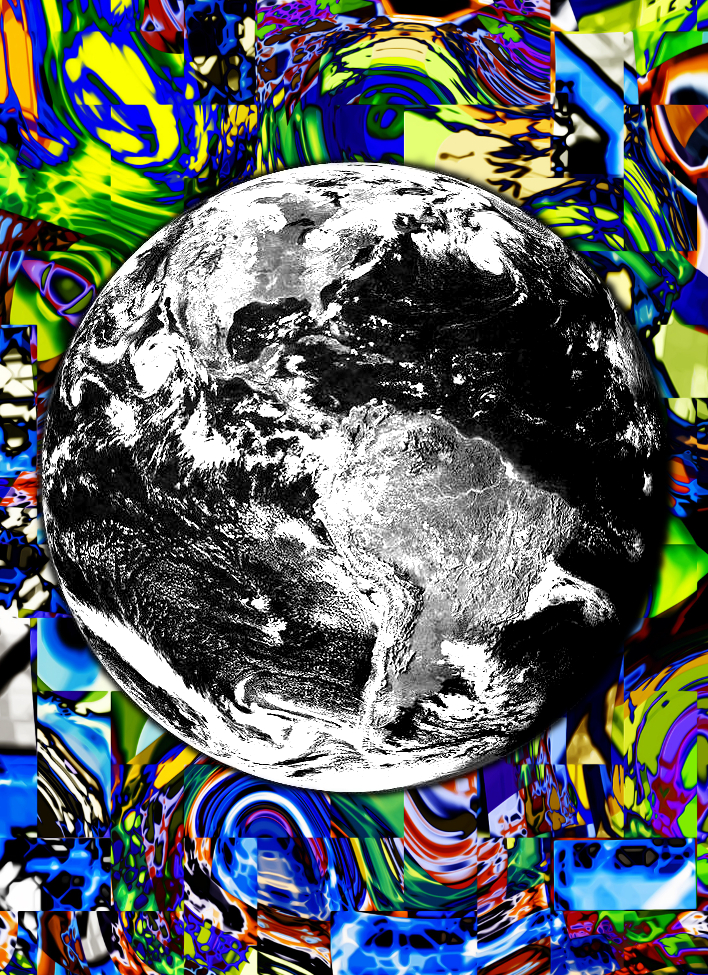Fair green vision outlined
 Experts have put together a new climate vision for a sustainable and equitable Australia.
Experts have put together a new climate vision for a sustainable and equitable Australia.
Australia must address social injustices and support communities experiencing multiple and intersecting vulnerabilities as we adapt to a changing climate, according to a new report.
A National Strategy for Just Adaptation aims to broaden and reimagine the way adaptation policy, planning and action are framed in Australia.
The strategy, developed over two years by an Expert Working Group of 35 authors from 13 university, government and private partners, highlights how everyday social inequities, uneven capacities and unequal representation undermine how well people can adapt to climate change.
It sets out the following five practical directions for achieving transformational change in Australia’s climate adaptation planning and practice:
-
Empowering Indigenous leadership
-
Embedding a just adaptation framework across governments and sectors
-
Including the voices and experiences of diverse stakeholders across areas of marginalisation into just adaptation processes
-
Supporting communities and community groups to drive transformation
-
Advancing research agendas that promote just adaptation
Professor Petra Tschakert from Curtin University, Co-chair of the Expert Working Group, said the strategy looks at adaptation as not merely an adjustment to climatic hazards and climate-related policies, but also as an urgent effort to address and overcome inequities that are all too often couched in the seemingly benevolent language of ‘vulnerable people’.
“It is precisely this labelling of ‘the vulnerable’ that obscures the structural inequities that produce vulnerabilities and maintains the uneven distribution of adaptive capacities in society. We need to move beyond this,” Professor Tschakert said.
Bhiamie Williamson from the Australian National University, a Euahlayi man from north-west New South Wales and Co-chair of the Expert Working Group that developed the strategy, says a central component in this new approach is recognising and including the voices, experiences and ambitions of the many people who make up Australia today – especially Indigenous Peoples.
“Recent disasters, like the flooding crisis on the east coast, have shown how entrenched inequalities multiply the risks that communities face in times of crisis,” Mr Williamson said.
“Ignoring the diversity of our country’s residents, including their needs, aspirations and capabilities, weakens Australia’s collective ability to adapt.”
Dr Petra Lundgren, Director of Future Earth Australia, says the new strategy provides a counter-narrative to previously developed adaptation strategies.
“It moves from focusing on largely technical elements to encompassing social, political and behavioural strategies and systems change,” Dr Lundgren said.







 Print
Print